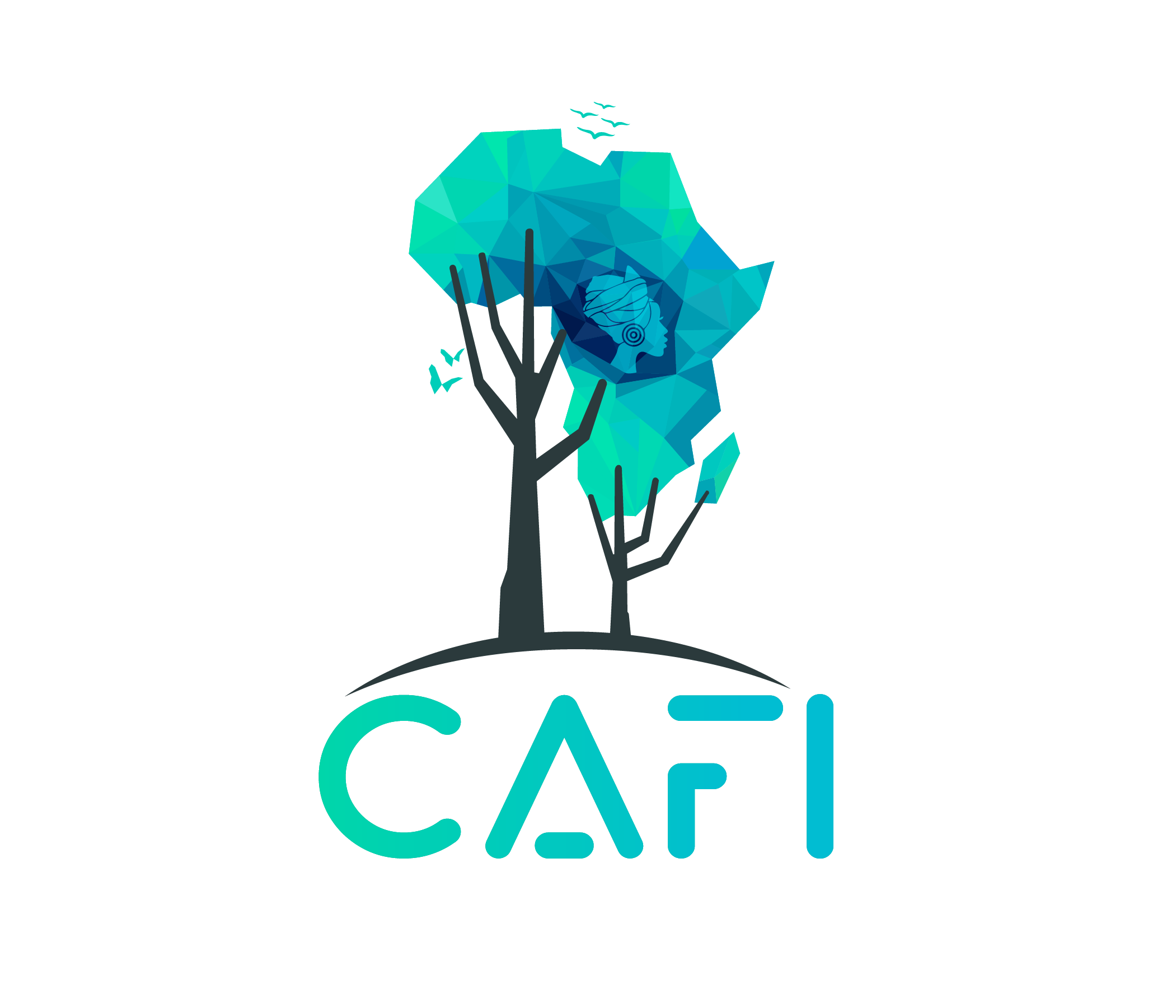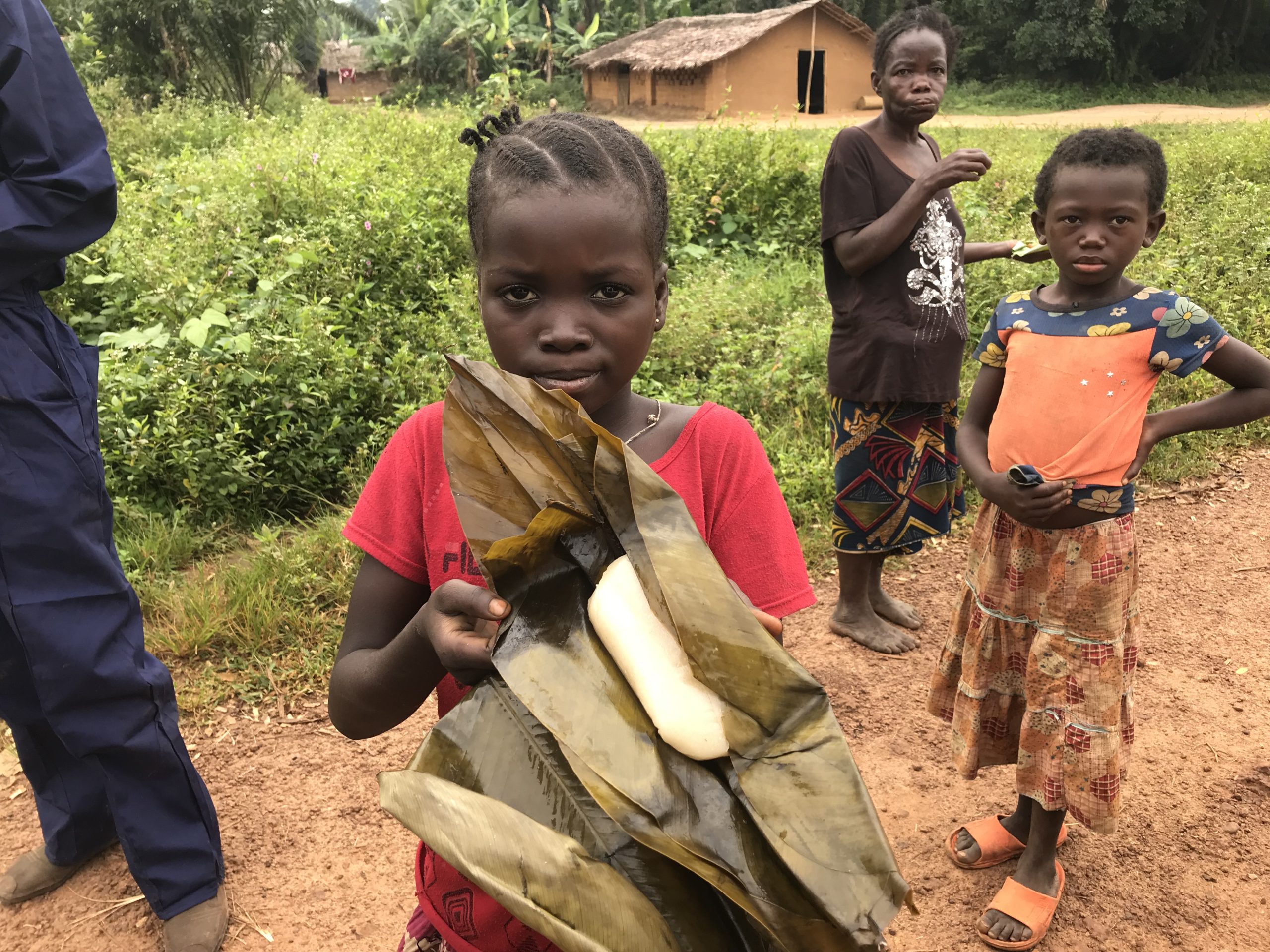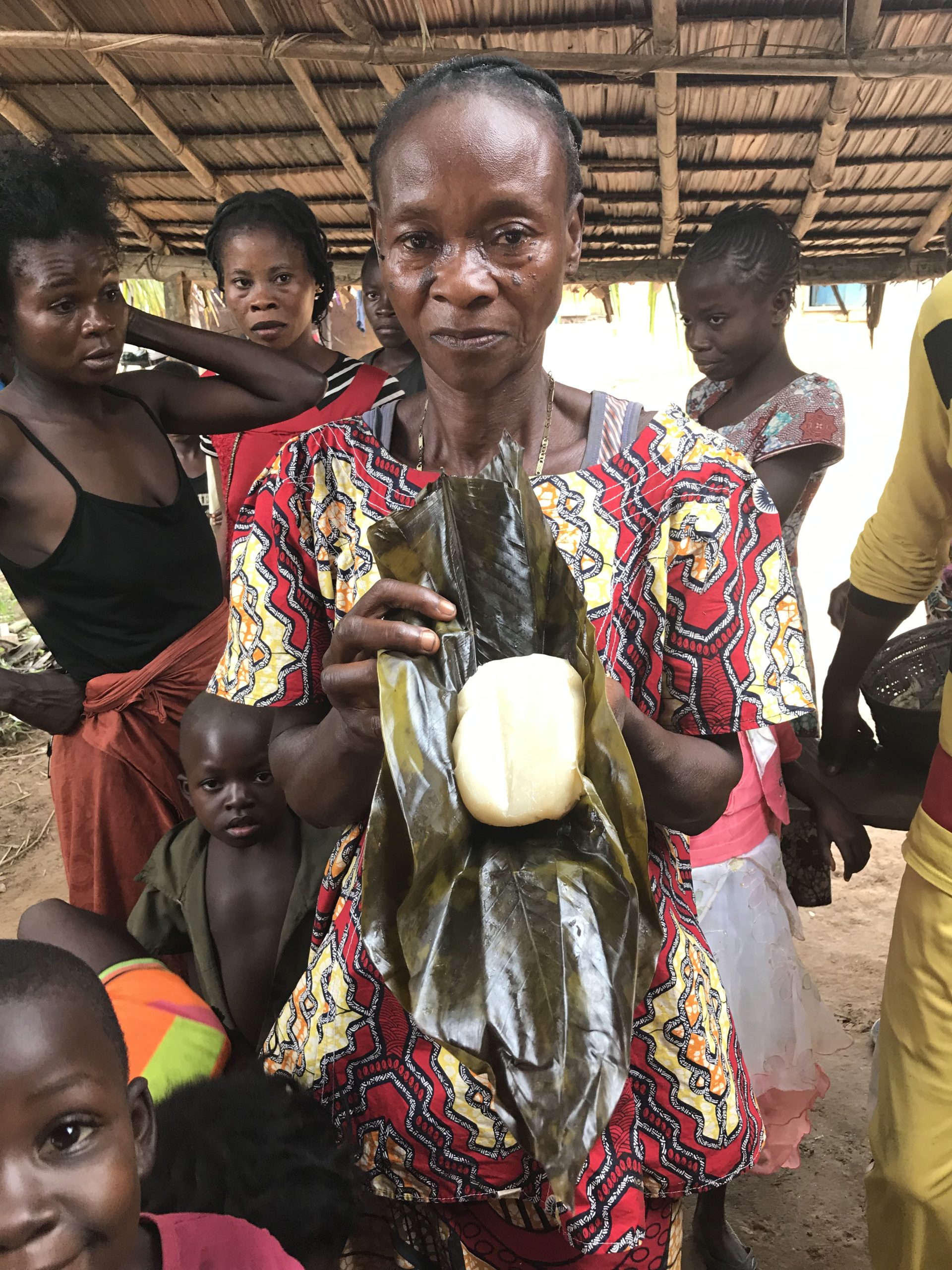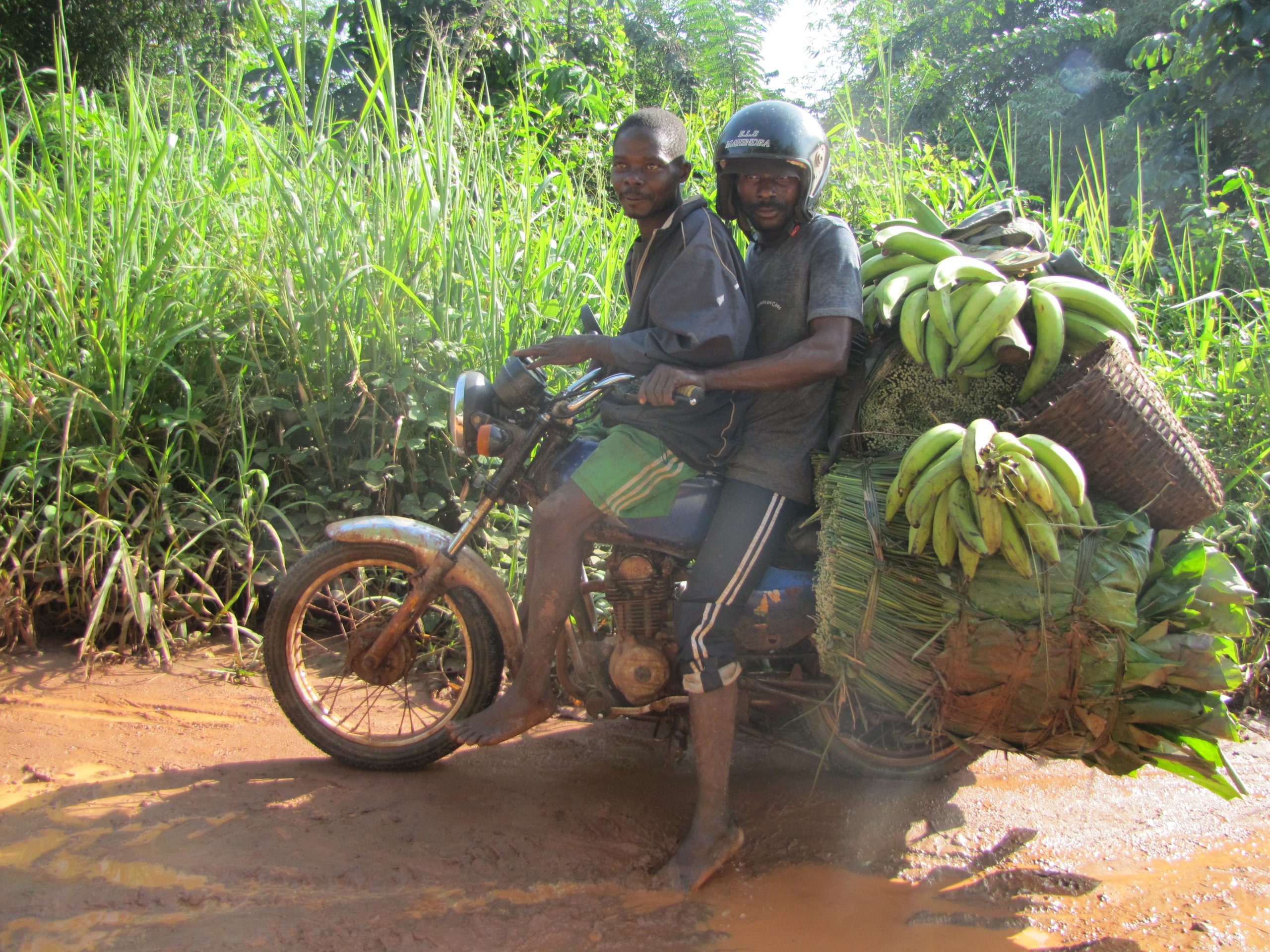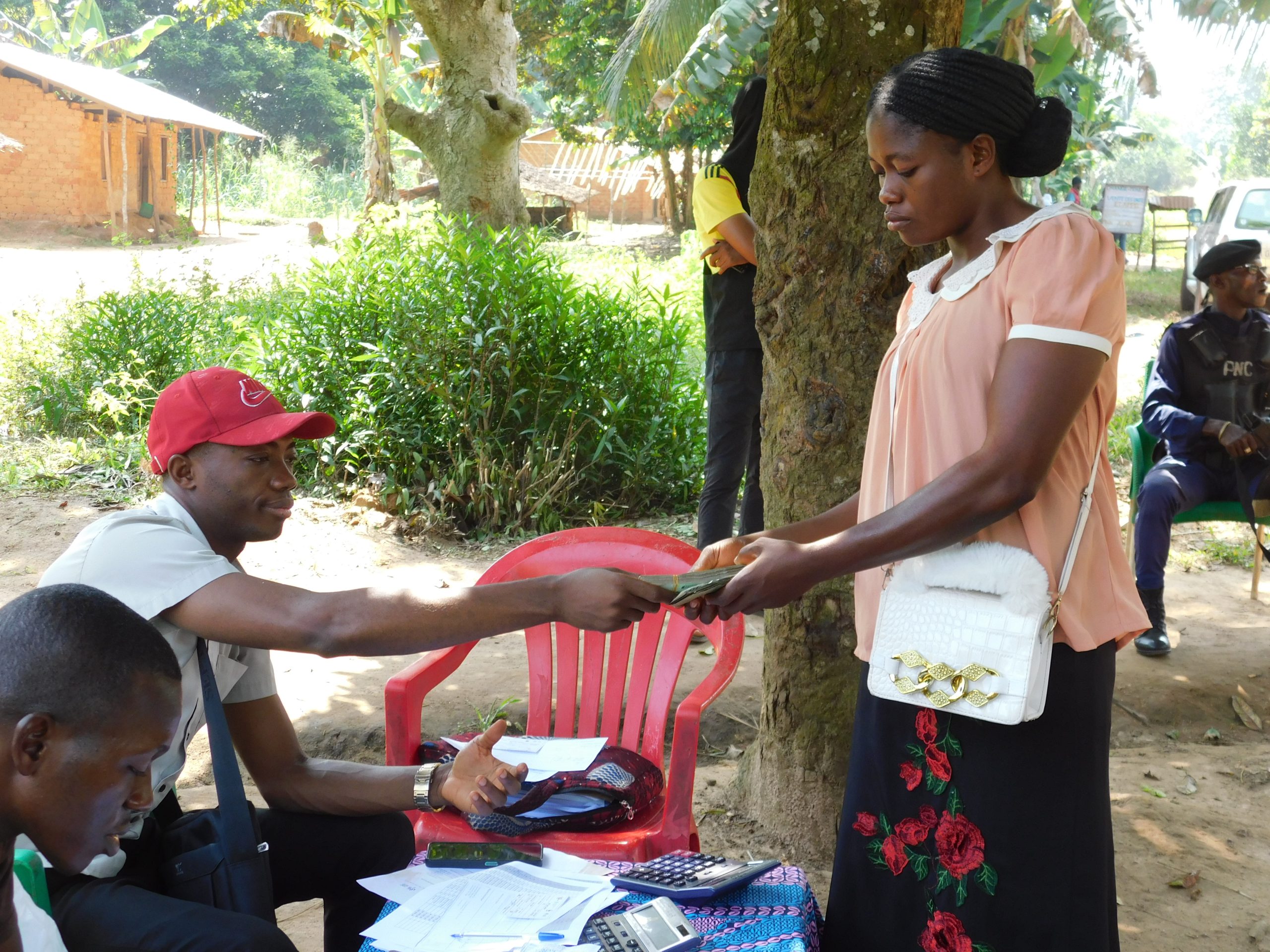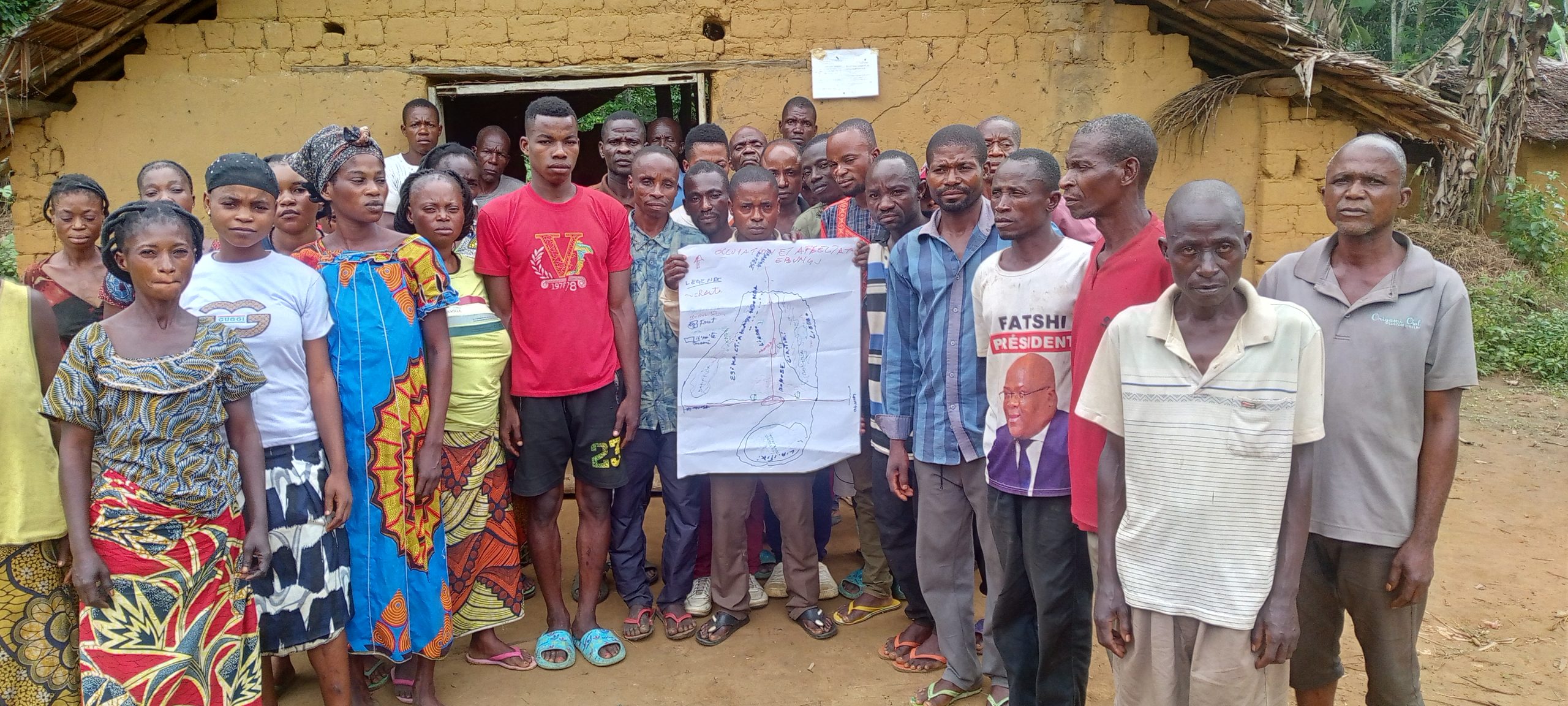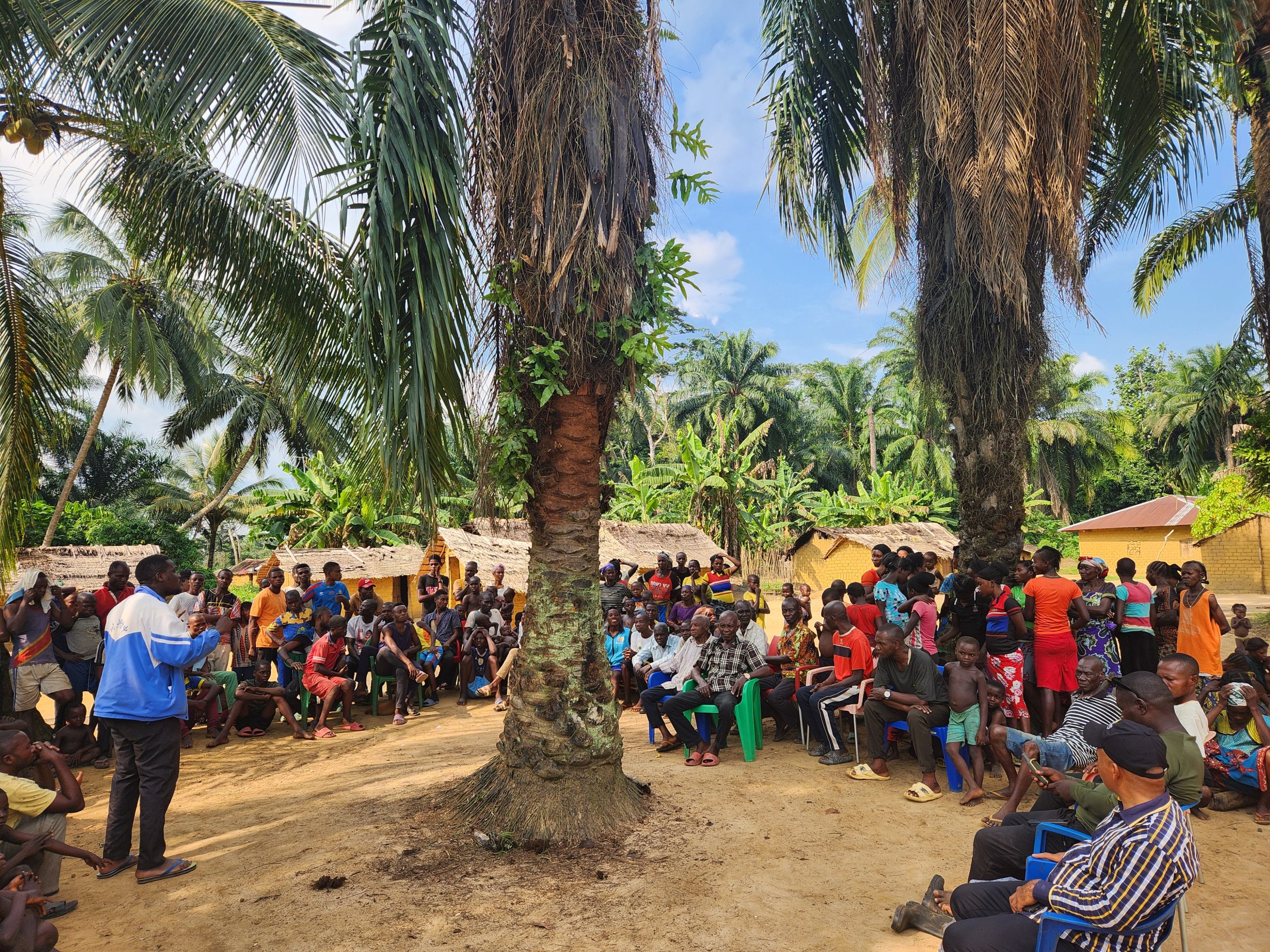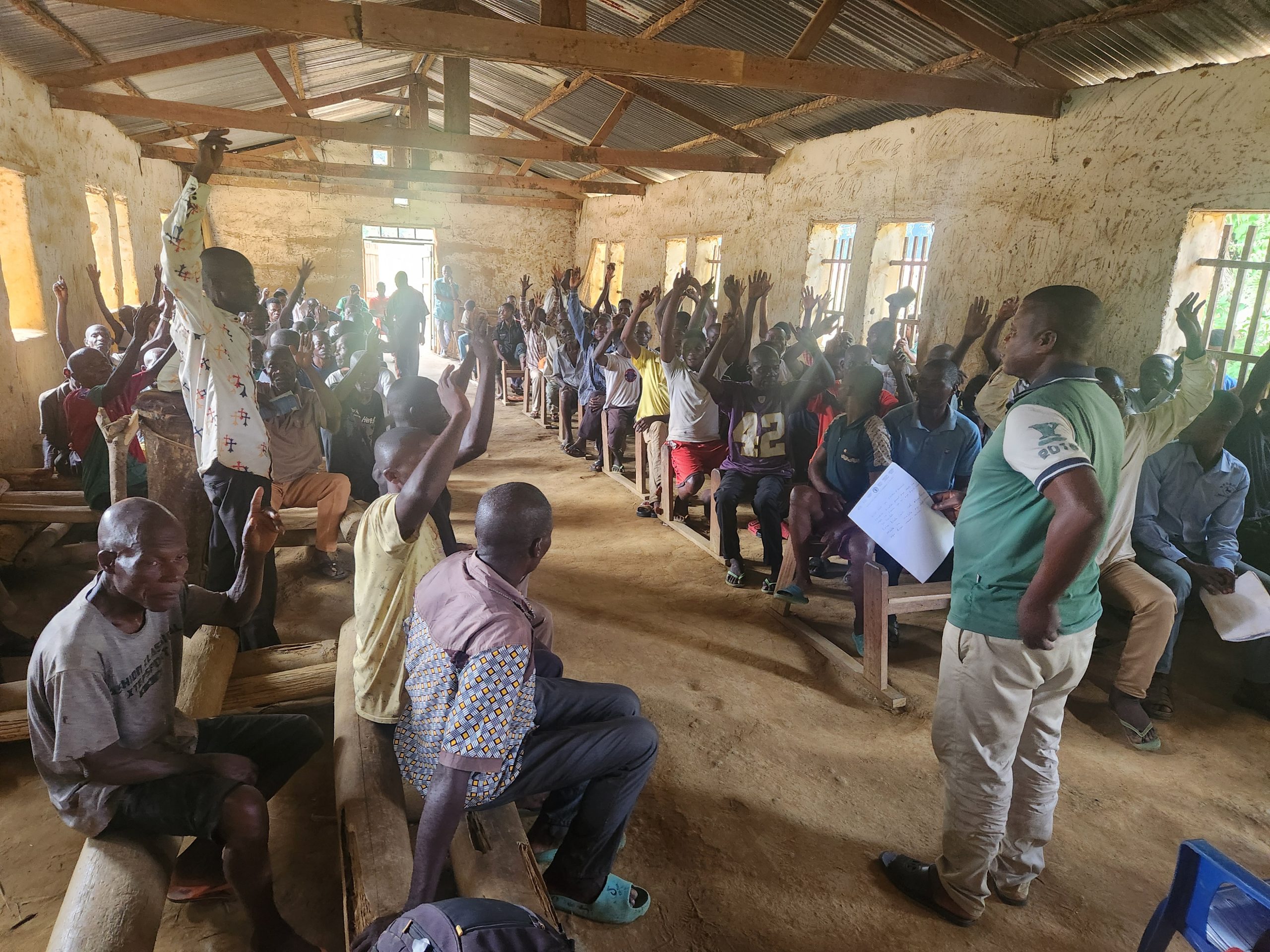The Equateur Province in the DRC has strong forest potential. The PIREDD Equateur aims to reduce deforestation and improve the livelihoods of local communities, targeting slash-and-burn agriculture, unsustainable wood-energy exploitation, and the lack of territorial planning, by promoting integrated, territorial, and inclusive approaches. Special attention is given to Indigenous peoples, women, and local governance.
PIREDD Equateur
Countries:
The Democratic Republic of the Congo
Topics:
AgricultureEnergy+6
Status:
Funds Transferred
Amount:
25,200,000
Start Date:
28/08/2019
End Date:
28/09/2028
Implementing Organizations:
FAO
National Partners:
-
Timeline
Objectives
The PIREDD Equateur pursues the following objectives:
- Improve governance by strengthening the capacities of decentralised technical services (agriculture, rural development, environment) and community structures.
- Promote land-use planning through development planning and zoning.
- Strengthen sustainable community forest management to reduce pressure and increase carbon stocks.
- Enhance post-cultivation fallow lands through integrated agricultural practices and promote agroforestry and conservation agriculture to improve livelihoods.
- Support urban and peri-urban agroforestry for food security and develop sustainable energy sources around urban centres and in rural areas.
- Improve access to family planning and nutritional services for local populations and Indigenous peoples.
million dollars approved
million dollars transferred
million dollars spent
hectares of Local Communities Forest Concessions
hectares of crops established
dollars earned from selling improved crops
Results to date
By end 2024, the project has achieved:
- 693 planters and pilot farmers benefited from PES (Payments for Environmental Services).
- 3,411.1 ha of crops established: 1,500 ha of perennial crops, 691.5 ha of food crops, and 1,219.6 ha of agroforestry.
- Approximately USD 86,000 in income generated from the sale of non-timber forest products (NTFPs) and chikwangue.
- 8,043 ha of savannah protected, with 1,069 ha in progress.
- 909 ha of wood-energy plantations established.
- 6,817 improved stoves distributed to 3,000 households.
- 14 Simple Management Plans developed for 64 Local Community Forest Concessions (CFCL); 282,251 ha of CFCL secured; 10 community forests formalised (13,768 ha).
- 30 simple land-use plans validated, with 20 pending validation (covering 159,242 ha of forests).
- 305 Local Development Committees (CLD) supported (165 pre-existing strengthened, 140 newly established, restructured and strengthened); 50 CLDs in progress.
- 1 gender strategy developed; 1 operational grievance mechanism.
- 131 NTFP micro-enterprises created (3,930 members).

